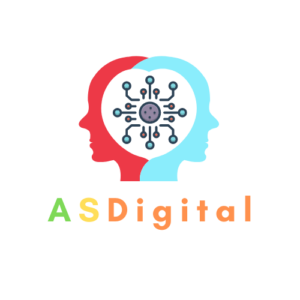The recent COVID-19 pandemic has resulted in schools closing all across the globe, leaving over 1.2 billion children in 186 countries out of the classroom. As a result, education has seen a dramatic change, with the rise of e-learning, and teaching taking place remotely and on digital platforms. Meaning that teachers have dramatically changed their learning and working materials to digitised options. Many teachers who have never had such experience before, and who have not received sufficient training on how to deal with such a crisis in pre-service and in-service training processes, were caught unprepared for this process.

Additionally, recent research suggests that online learning has been shown to increase retention of information, (Zeglen & Rosendale, 2018) and take less time, meaning the changes caused by the pandemic might be here to stay. However, with this sudden shift away from the classroom in many parts of the globe, it became clear that there is a lack of proper teacher training in online learning as only 20% of the countries in Europe provide training on distance education to teachers. In fact, the partnership during the preparation of this proposal conducted a needs analysis of teachers and one of the biggest concerns appeared to be the sudden shift to online training and their lack of training and experience in that matter.

This also aligns with the increasing need for the acquisition of digital skills for high-school students, as they are an important part of life not only for their university life but also for employment later on. More and more workplaces worldwide, require digital skills. In most developed countries, digital skills have become almost necessary for employment. Around 90% of jobs in the EU require at least some level of digital skills, rising to 98% for managerial positions (European Commission, 2017). However, despite the growing evidence of the need to include digital skills in education as a core competency, very few countries include digital skills in school curricula (European Commission, 2017). Moreover, despite the importance of digital skills nowadays, 80 million Europeans are digitally excluded. Digital exclusion, according to European Commission, is part of the overall challenge of exclusion, a widespread and growing phenomenon that takes its toll in life paths like poor lifelong earnings and an increased risk of marginalization. There are many people currently excluded for reasons of low income and education, location, culture, or various disabilities, such as autism. Autism Spectrum Disorder (ASD) is a disorder that affects every individual to a different degree. It is a lifelong complex developmental disorder, characterized by impairments in social communication, social interaction, and social imagination (Wing & Gould, 1979). Representing an estimated 7 million people, ASD is labelled as the fastest-growing disorder with an annual growth rate of 10-17%, according to the Autism Society.
